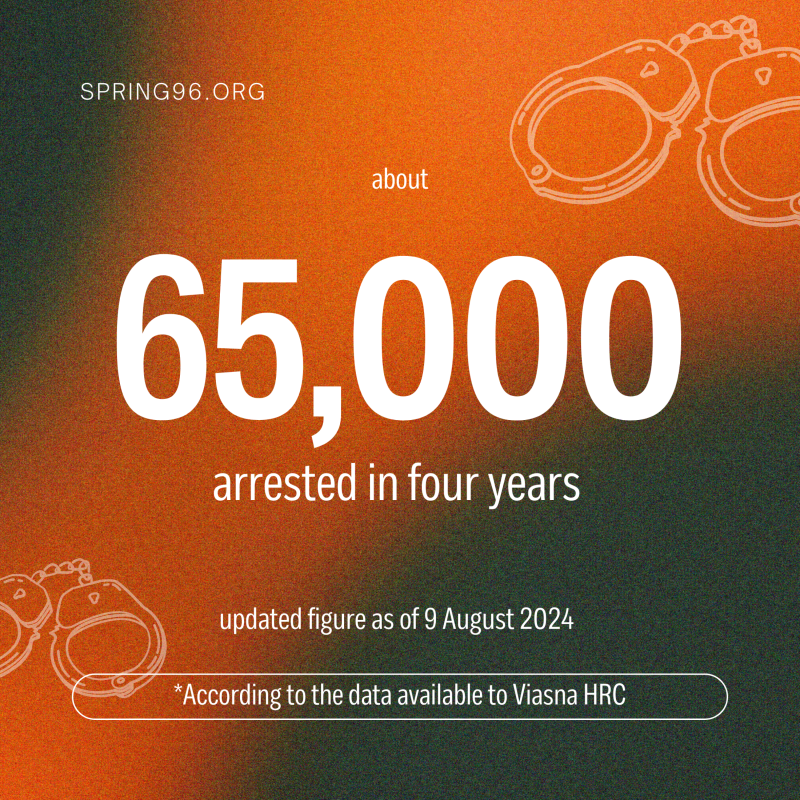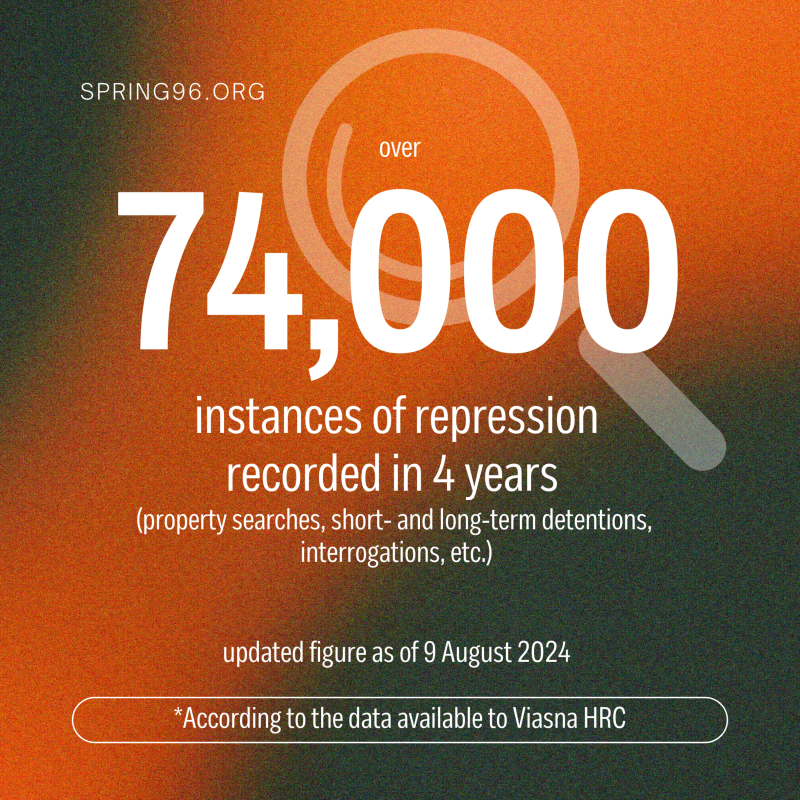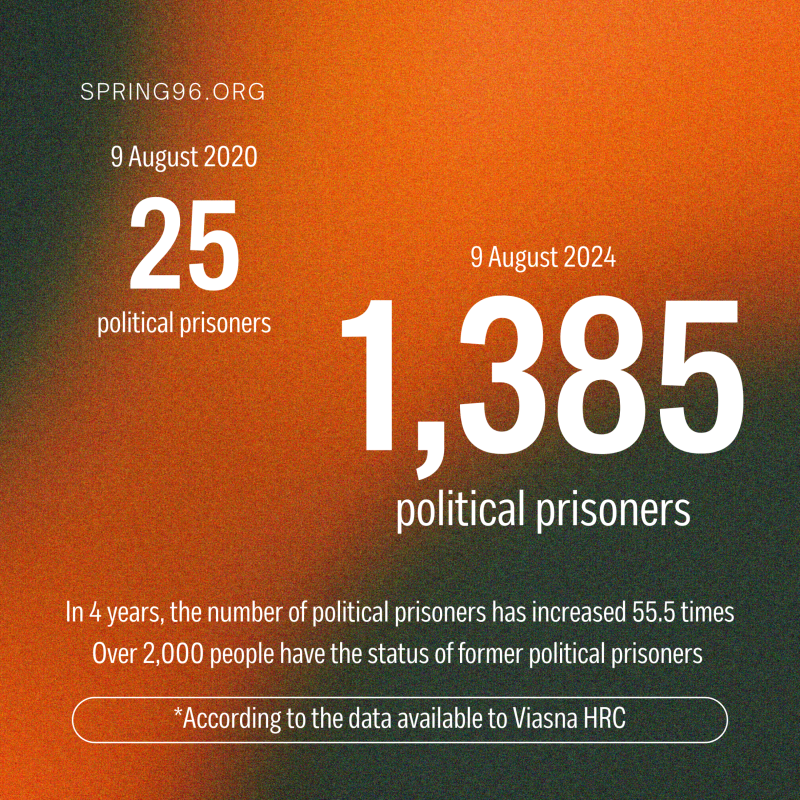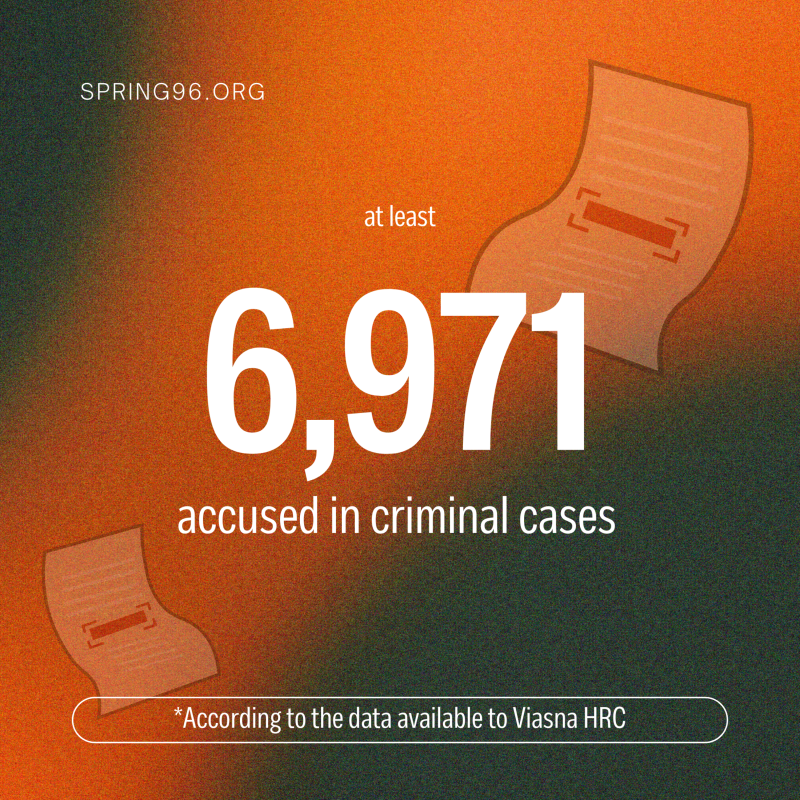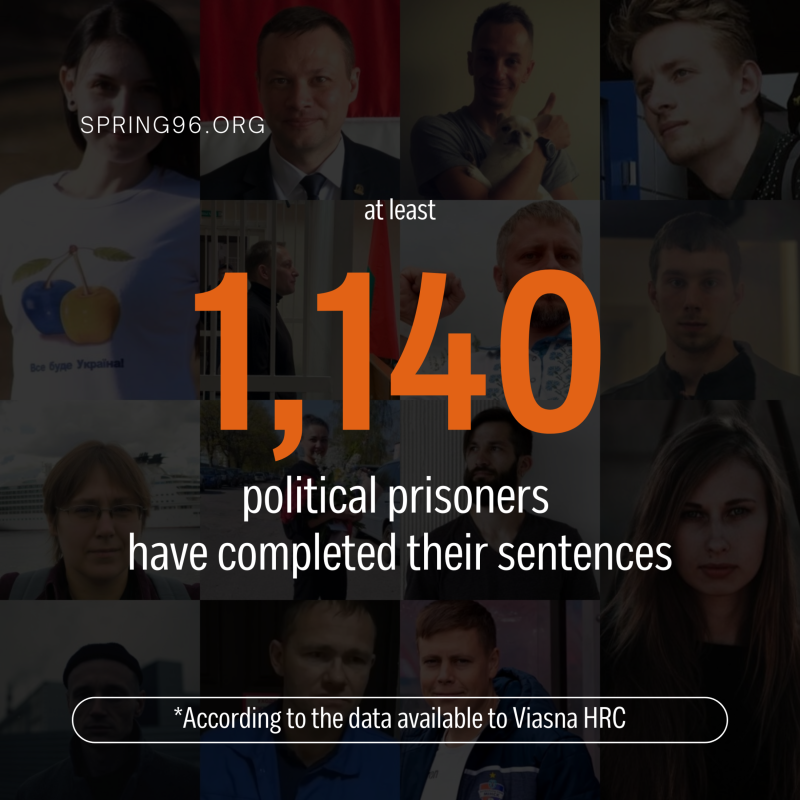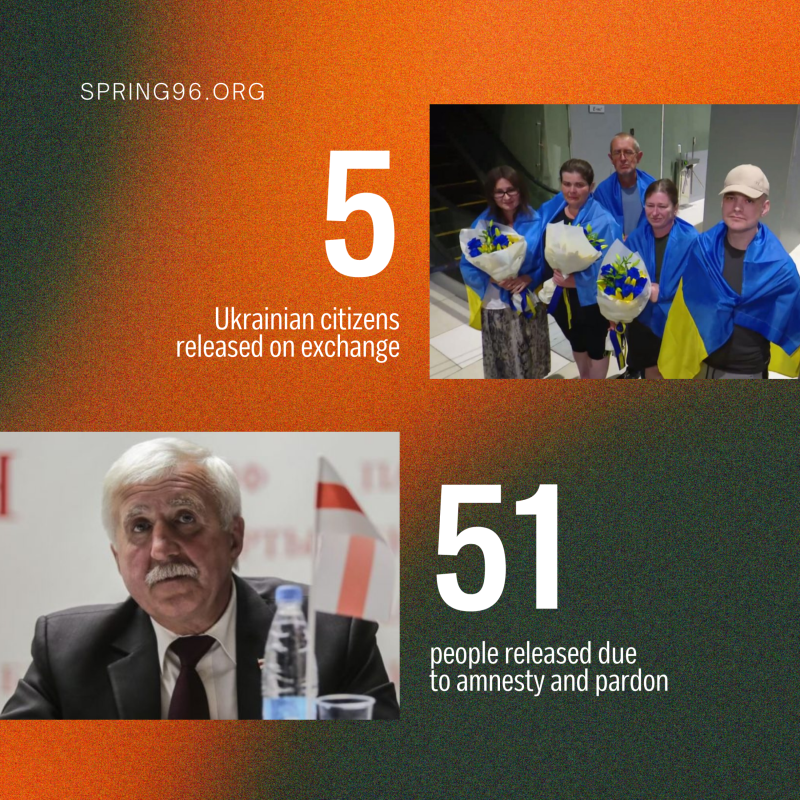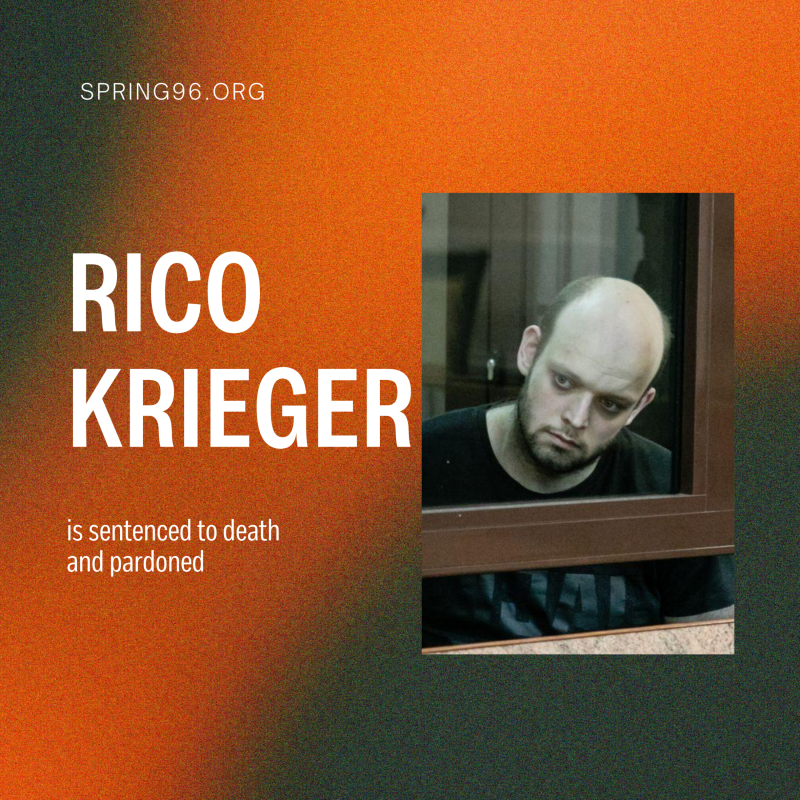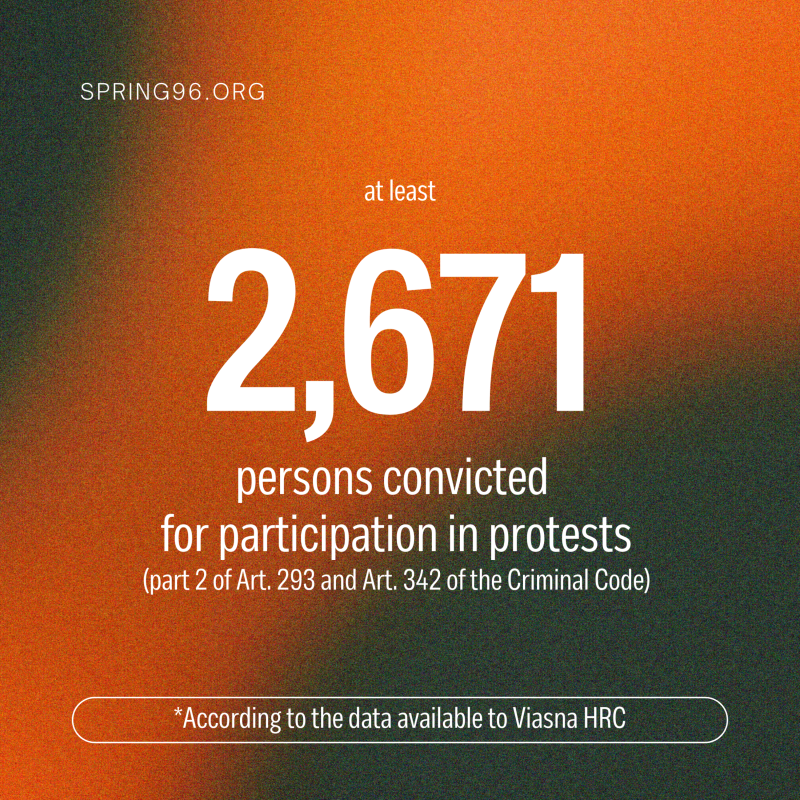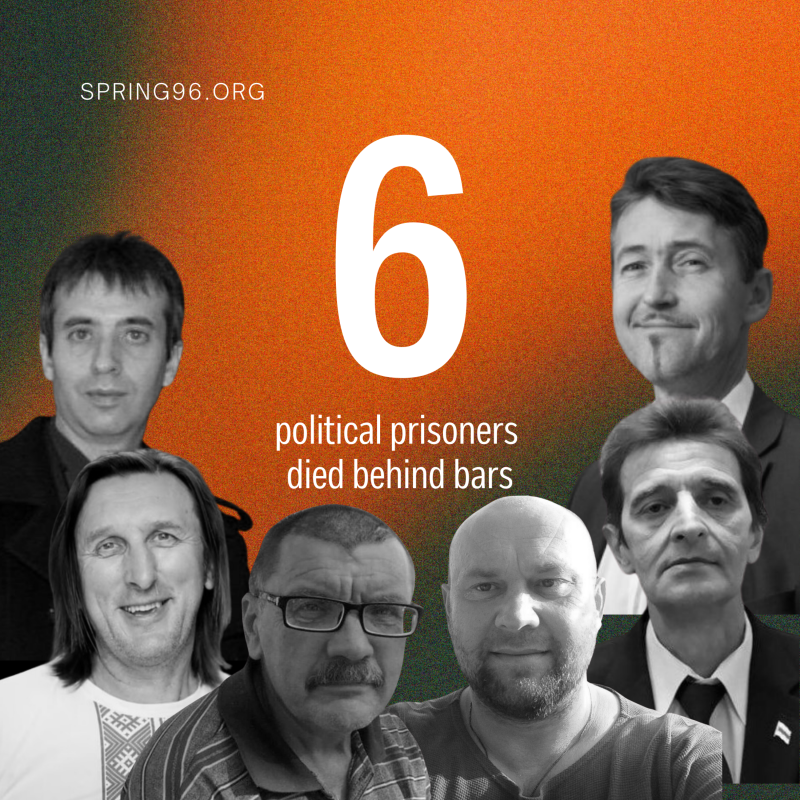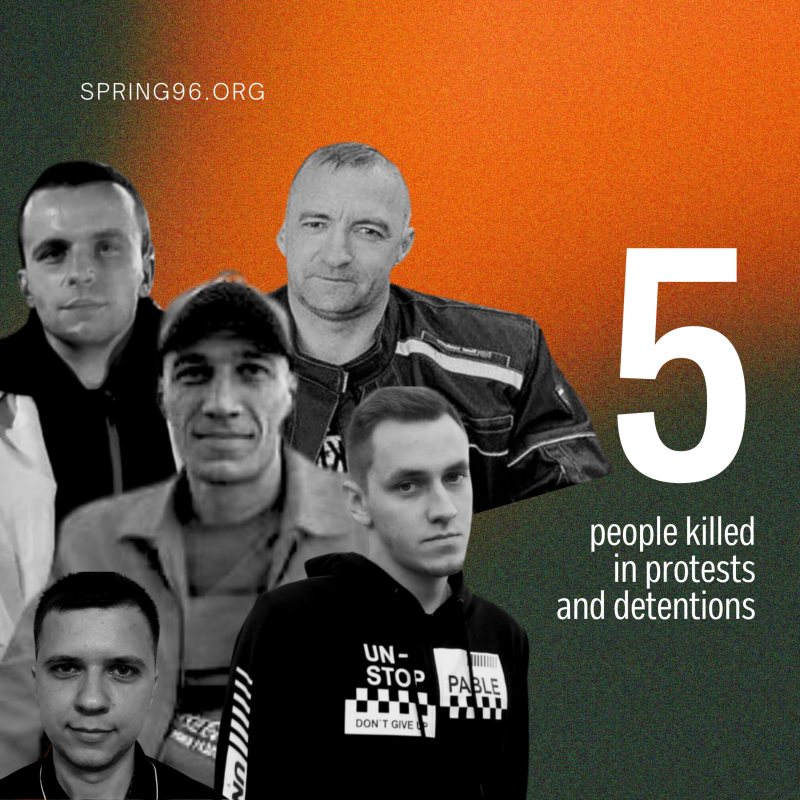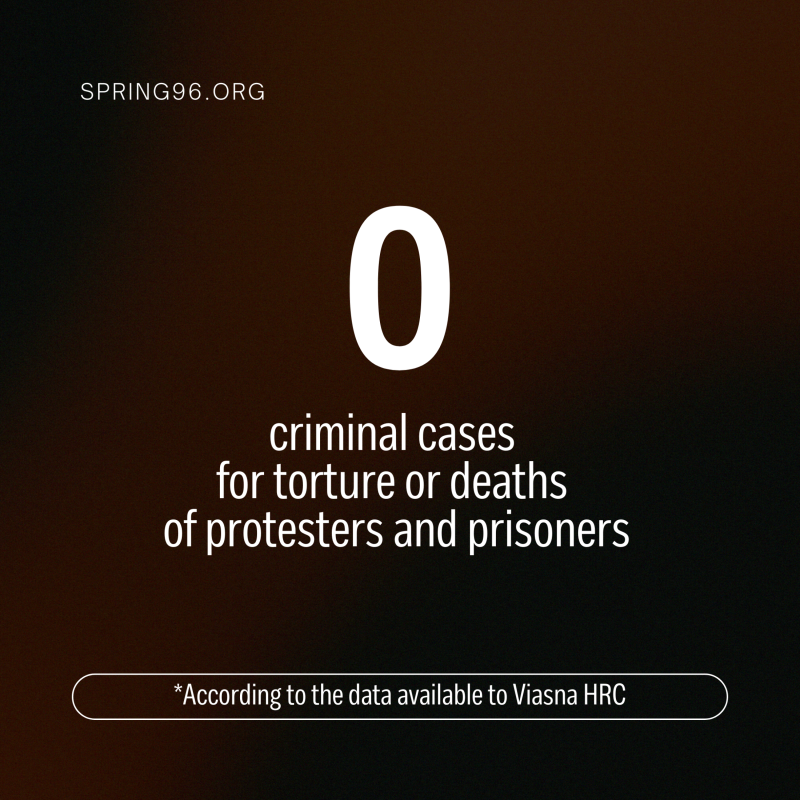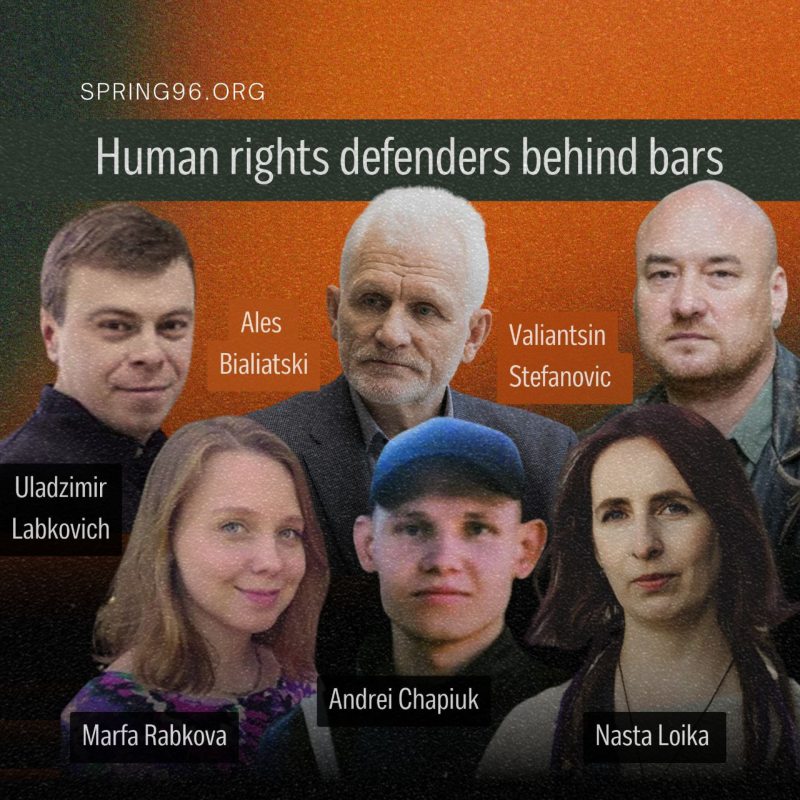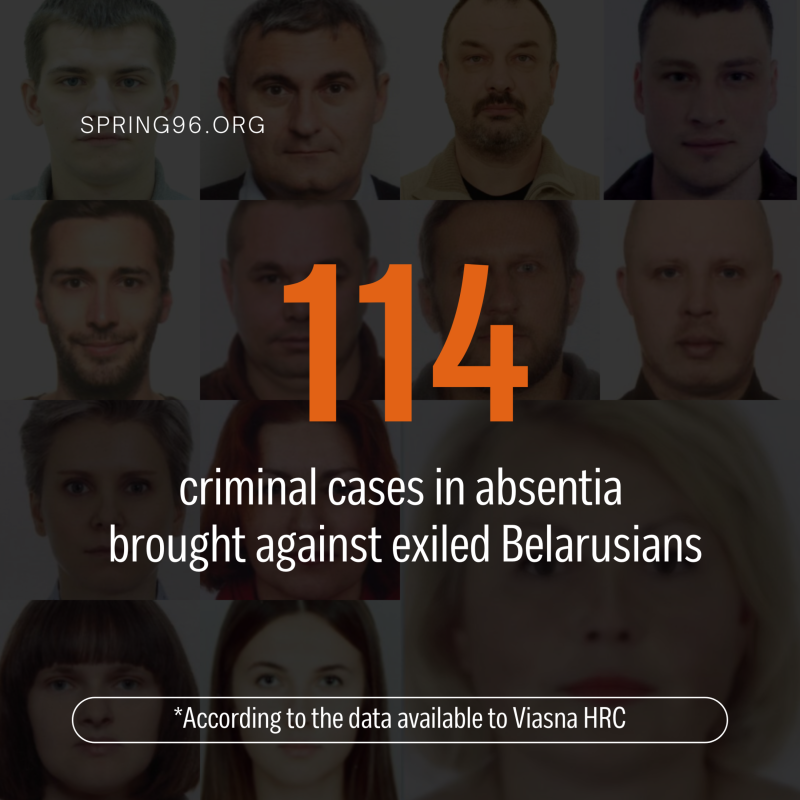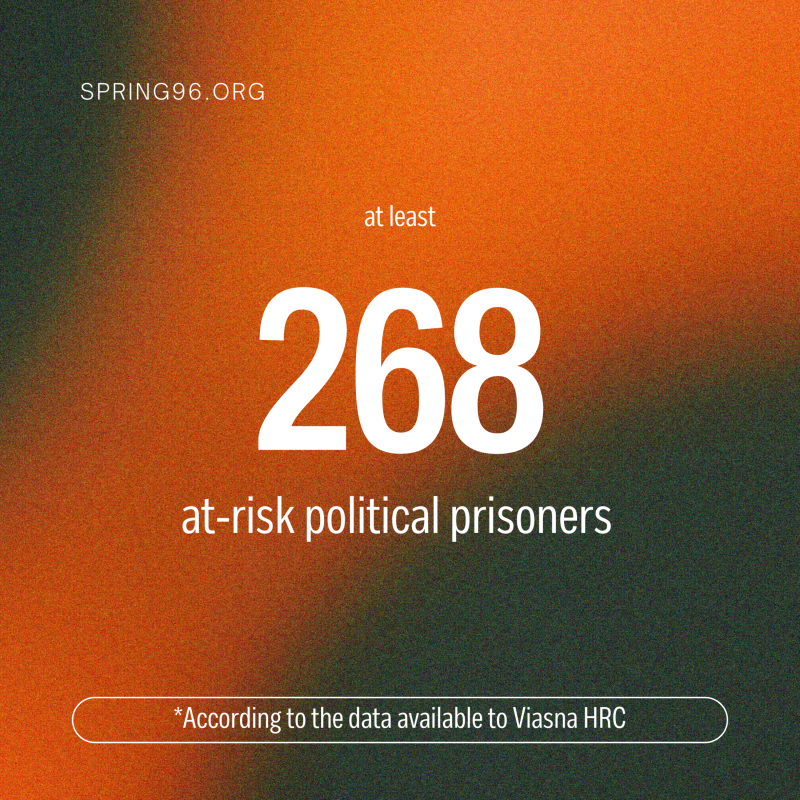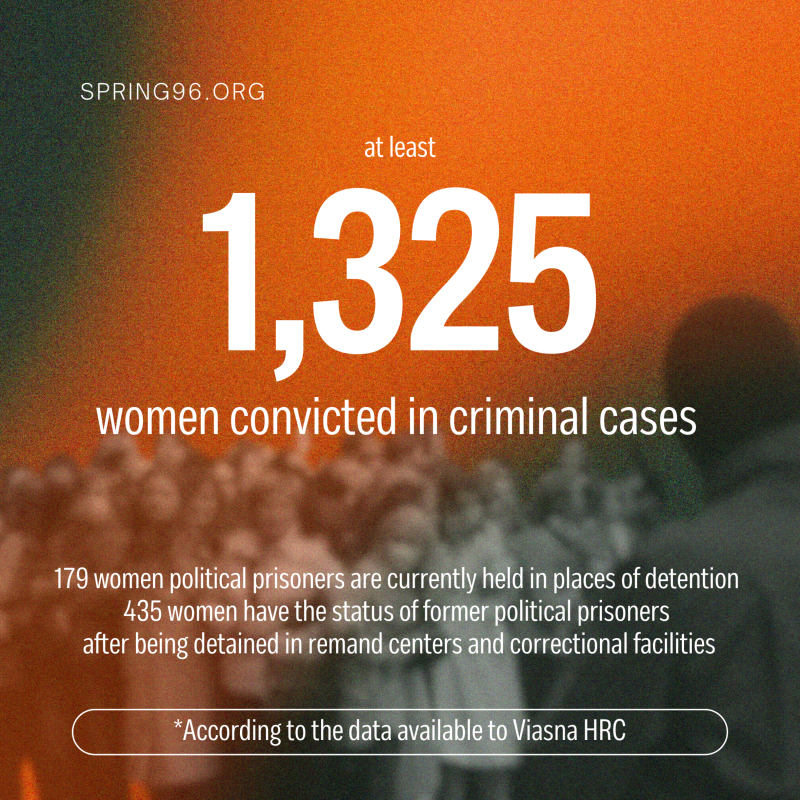Infographics: Four years of mass repression
In the four years since the start of the 2020 election campaign, repression in Belarus has not stopped; on the contrary, the situation has critically worsened. Every day, arbitrary detentions continue across the country. Searches, smartphone checks, mistreatment after arrest, terrible conditions in prisons, beatings, and torture have become a daily reality for Belarusians. At least 1,385 political prisoners are currently incarcerated. Among them are mothers with many children, retired, students, doctors, human rights activists, journalists, teachers and other citizens. Viasna breaks down the numbers on mass repression over four years.
In four years, some 65,000 people were detained as part of political persecution.
In four years, more than 74,000 instances of repression were recorded: searches, short- and long-term detentions, interrogations, etc.
In just four years, the number of political prisoners has increased a whopping 55.5 times. On August 9, 2020, there were 25 such prisoners, and today there are 1,385. Over 2,000 people are former political prisoners.
There are at least 6,971 people who are known to be facing criminal charges.
1,140 political prisoners have already completed their sentences.
Five Ukrainian citizens were released in a prisoner swap. As a result, Natalia Zakharenko, Pavlo Kuprienko, Liudmila Honcharenko, Kateryna Bryukhanova, and the defendant in the “Mačuliščy fighting jet sabotage case,” Mykola Shvets, were released. A total of 51 individuals were released as a result of an amnesty and pardon. On July 2, Aliaksandr Lukashenka signed the Amnesty Act to celebrate the 80th anniversary of the liberation of Belarus from Nazi invaders. As with previous legislation of this nature, the act does not provide for the commutation of sentences for individuals engaged in extremist or terrorist activities. However, some political prisoners were released from prisons.
Rico Krieger was sentenced to death and pardoned. On June 24, Rico Krieger, a 29-year-old employee of the German Red Cross, was convicted by the Minsk Regional Court. In Belarus, he was charged with six grievous and extremely grievous crimes, including an “act of terrorism” (part 3 of Article 289 of the Criminal Code).
At least 2,671 persons were convicted for participation in protests (part 2 of Article 293 and Article 342 of the Criminal Code).
Six political prisoners died behind bars. They are Aliaksandr Kulinich, Ihar Lednik, Vadzim Khrasko, Ales Pushkin, Mikalai Klimovich, Vitold Ashurak.
Five people were killed in protests and as a result of detentions. They are Aliaksandr Vikhor, Aliaksandr Taraikouski, Henadz Shutau, Raman Bandarenka and Andrei Zeltser.
The torture and deaths of demonstrators and political prisoners have not been prosecuted.
Six human rights defenders are currently imprisoned. They are the president of Viasna Ales Bialiatski, his deputy Valiantsin Stefanovic, the lawyer Uladzimir Labkovich, the coordinator of Viasna volunteer service Marfa Rabkova, a Viasna volunteer Andrei Chapiuk. Human rights activist Nasta Loika is also behind bars.
114 criminal cases in absentia have been brought against exiled Belarusians.
At least 268 political prisoners are at high risk behind bars. The group includes 19 individuals with disabilities, 103 individuals with serious health conditions, 63 individuals over the age of 60 (many of whom also have significant health issues), and 10 individuals with mental disorders. Additionally, 23 young people were detained as minors, and 39 political prisoners are parents in large families. It is known that at least five families have both parents in prison.
At least 1,325 women have been convicted in criminal cases. 179 of them are currently imprisoned. 435 women have the status of former political prisoners after being released from remand centers and correctional facilities.



